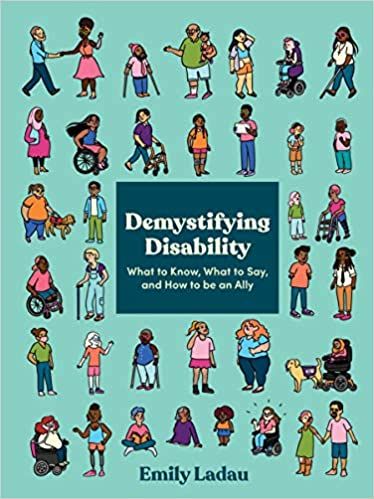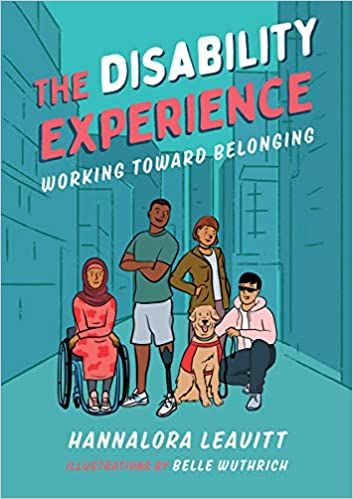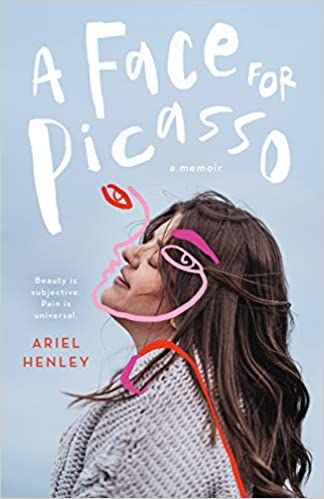The five books in this roundup showcase a wide range of disability experiences and narratives. Though they’re not all specifically published for teens, the ones that are published for a more broad audience are perfect for those seeking YA disability nonfiction. These are accessible titles for better understanding the tremendous range of disability experiences. It should come as little surprise that this list is quite white. Given the challenge of seeing disability represented in literature, on top of disability in nonfiction for YA readers, the authorship reflects the larger landscape of publishing (though, interestingly, not the larger landscape of YA nonfiction, which is and has been quite diverse). Wong’s title below highlights a range of inclusive and intersectional experiences, and hopefully as more disabled voices are given platforms in traditional publishing, we’ll see more disabled writers of color and Indigenous backgrounds emerge. For more disability representation in nonfiction, especially that which intersects with race, dig into this earlier and still relevant list of true stories about life with disability.
Outstanding 2021 YA Disability Nonfiction
In an era where accessibility should be at the forefront, particularly as society works toward “returning to normal” “post-pandemic,” these books are essential reading and a reminder why that “normal” is short sighted, often leaving behind some of the most vulnerable among us.
Let’s take a moment here to appreciate the cover as well. Talk about intersectional and representative of the realities of disabled life.
The book itself highlights the challenges and triumphs of disabled people and specifically addresses the various manners in which daily life becomes unnecessarily cumbersome for folks who need accommodations. Included are stories of a wide range of disabled people, as well as change makers in the world of disability justice.
Ariel’s memoir is about the physical, emotional, and mental experiences of life with her disability, as well as what it is to develop a deep sisterly bond, what beauty and resilience look like, and more. And indeed, that’s Ariel’s face on a YA book cover!
This is a must-read about advocacy, about activism, and about the realities of living with disability — even in “progressive” communities like the one Heumann grew up in, disability remained at the back of the minds of too many making the rules, decisions, and laws that impact everyday life.















